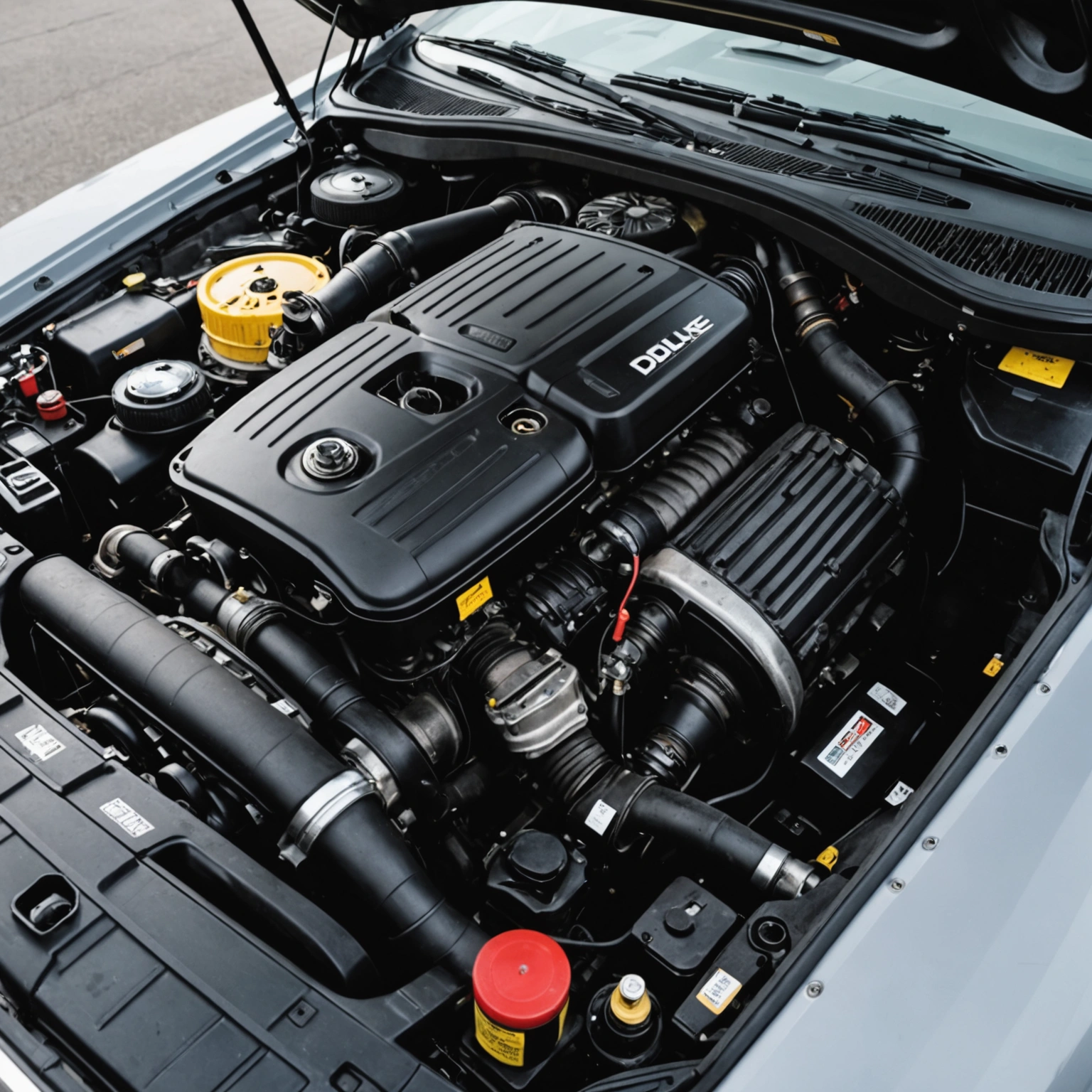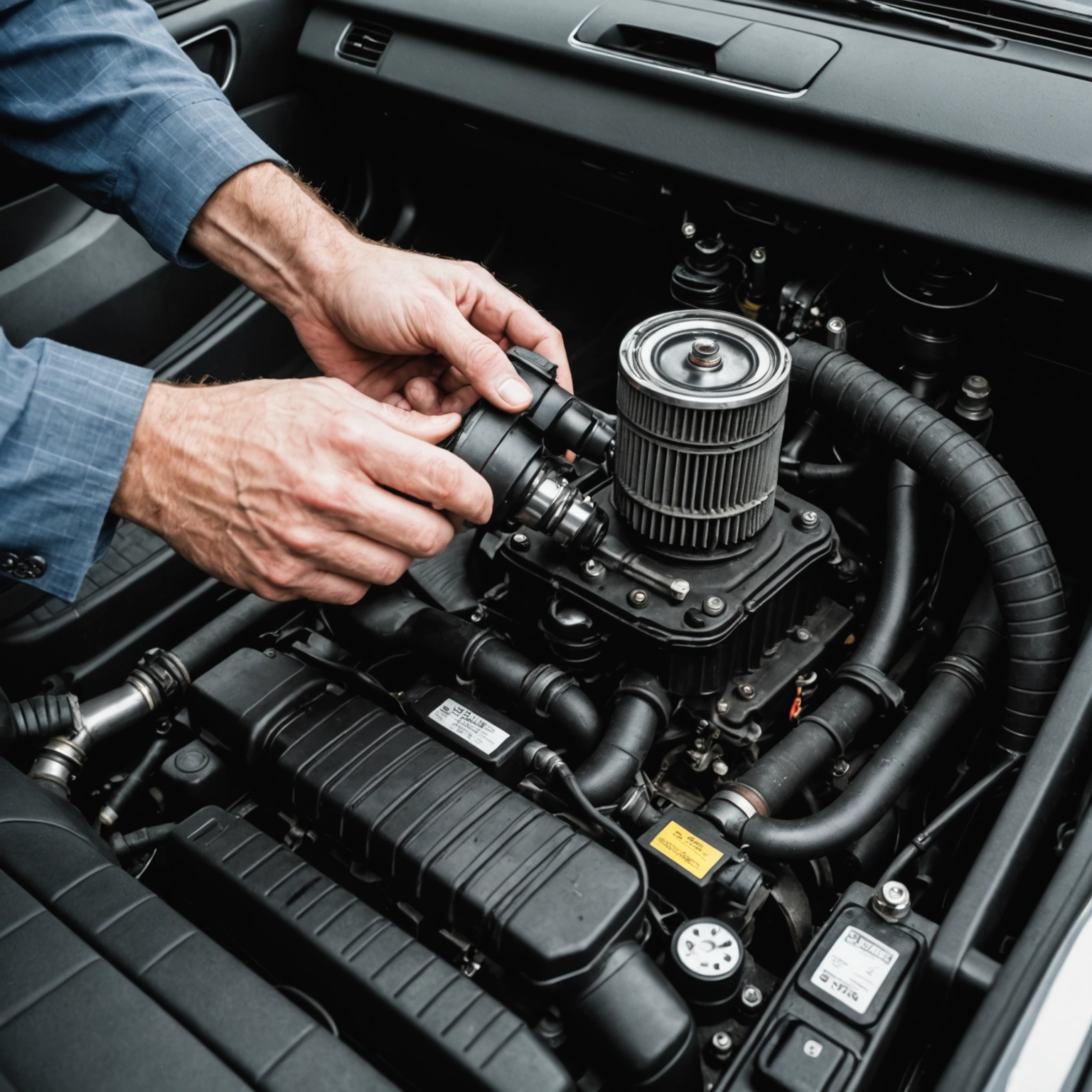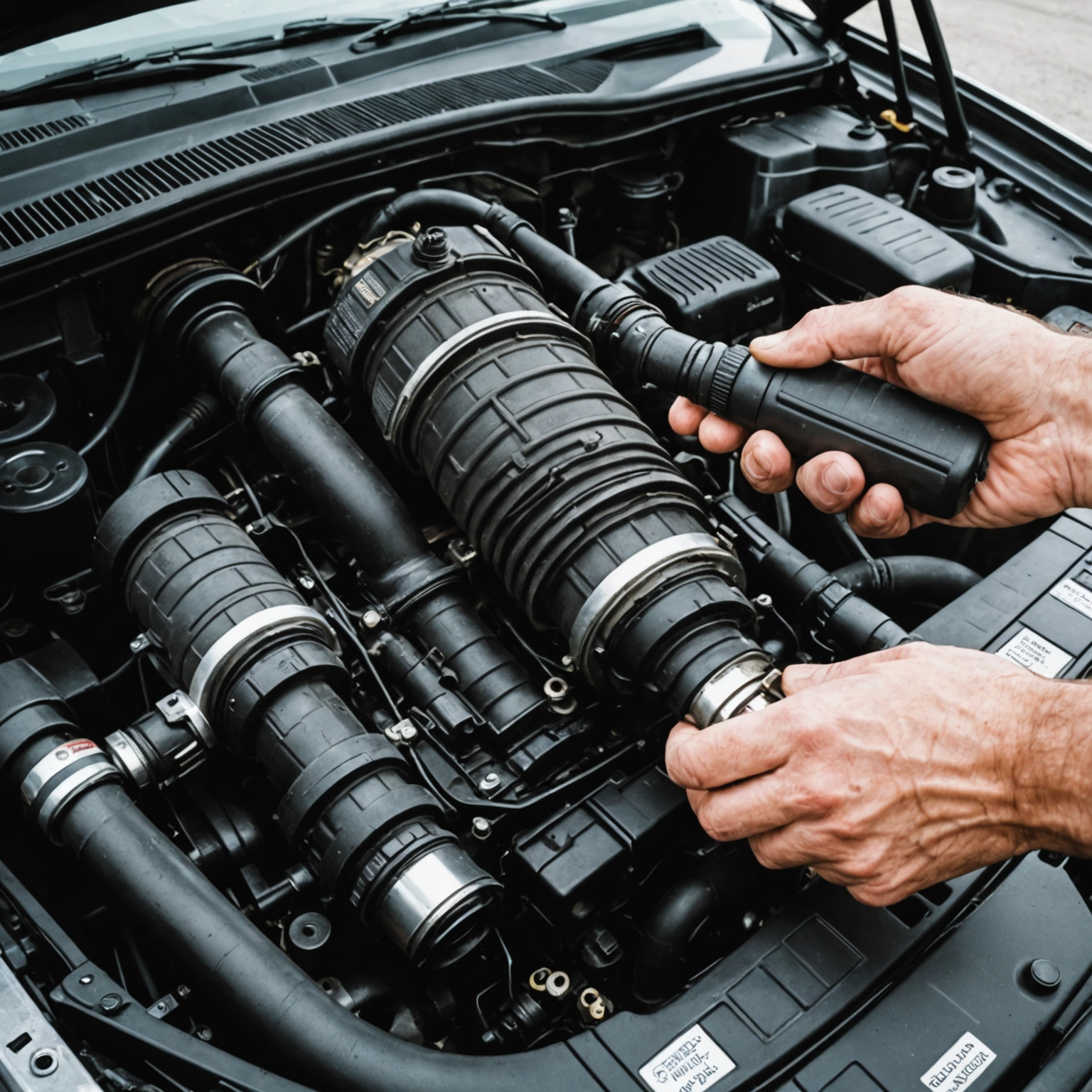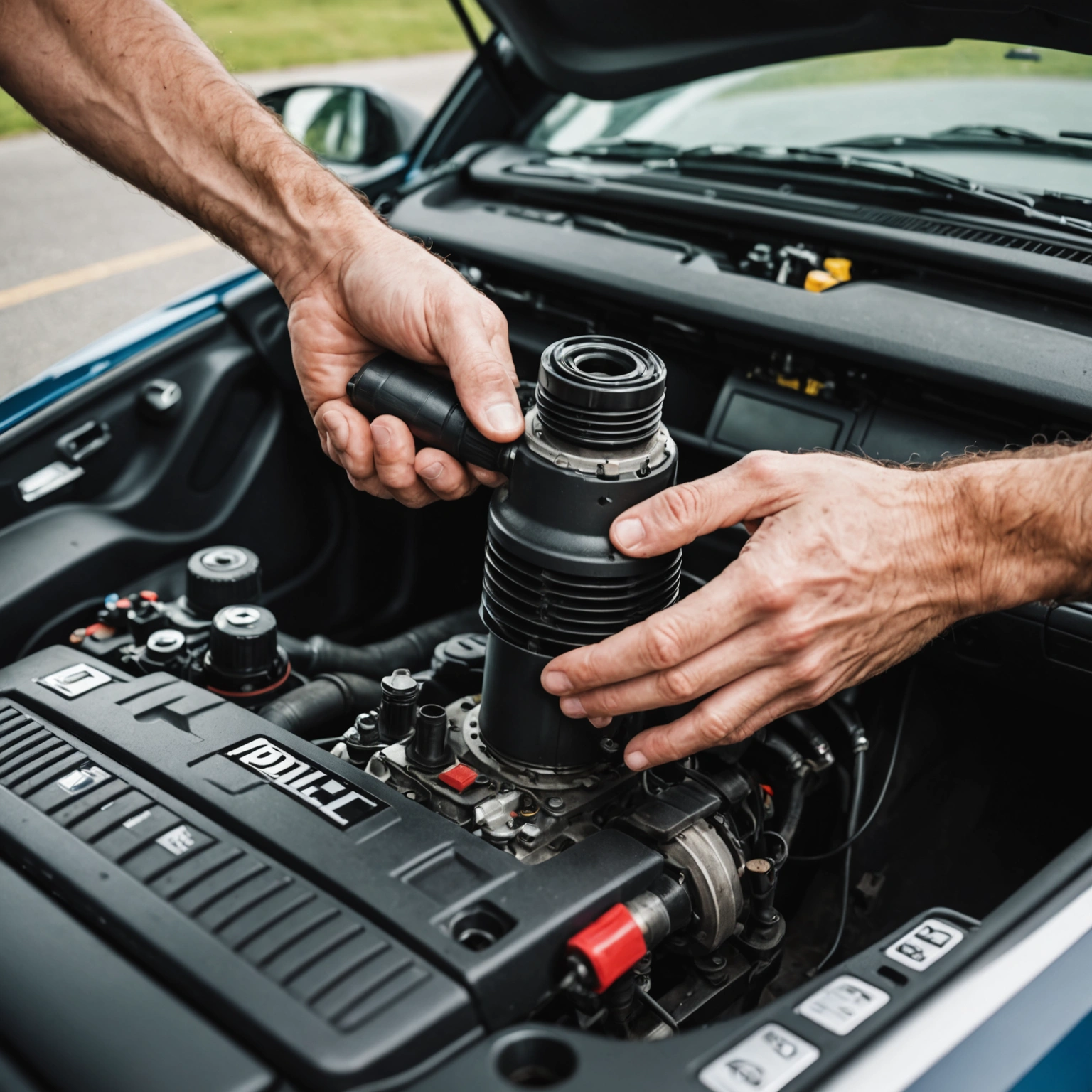**Why Does My Car Shake at Idle? Understanding the Causes and Solutions**
If you’ve noticed your car shaking or vibrating when it’s idling, you’re not alone. This common issue can be caused by a variety of factors, ranging from minor maintenance needs to more serious mechanical problems. Understanding the potential reasons behind this shaking can help you determine whether it’s something you can address yourself or if professional inspection is necessary.

### Common Causes of Car Shaking at Idle
1. **Dirty or Faulty Spark Plugs**

Spark plugs ignite the air-fuel mixture in your engine’s cylinders. Worn or dirty spark plugs can cause misfires, leading to rough idling and shaking. Replacing spark plugs is a simple, cost-effective fix that can restore smooth engine operation.
2. **Vacuum Leaks**

Your engine relies on a precise air-fuel mixture. A vacuum leak—often caused by cracked hoses or gaskets—can introduce unmetered air, disrupting this balance. The result? Rough idling, shaking, and decreased engine performance.
3. **Dirty Fuel Injectors**

Clogged or dirty fuel injectors can cause uneven fuel delivery, leading to misfires and vibrations at idle. Regular fuel system cleaning can help keep injectors functioning properly.
4. **Worn or Faulty Ignition Coils**
Ignition coils provide the necessary voltage to ignite the fuel-air mixture. If an ignition coil is failing, it can cause misfires, resulting in engine vibrations during idle.
5. **Engine Mounts Worn or Damaged**
Engine mounts secure your engine to the vehicle’s frame. Over time, these mounts can wear out or break, causing the engine to move excessively and shake the car, especially noticeable at idle.
6. **Dirty or Faulty Idle Air Control Valve (IAC)**
The IAC regulates engine idle speed. If it becomes dirty or malfunctions, the engine may struggle to maintain a steady idle, leading to roughness and shaking.
7. **Uneven Tire Pressure or Suspension Issues**
While less common, uneven tire pressure or suspension problems can cause vibrations that seem to originate from the engine area. It’s important to rule out these external factors.
### When to Seek Professional Help
While some causes like replacing spark plugs or cleaning fuel injectors can be DIY projects, others—such as diagnosing vacuum leaks or inspecting engine mounts—may require a trained technician. If your car continues to shake at idle despite basic maintenance, or if you notice additional symptoms like rough acceleration, poor fuel economy, or check engine lights, it’s best to have a professional inspection.
### Preventative Tips
– Follow your vehicle’s recommended maintenance schedule.
– Use quality fuel and replace fuel filters as advised.
– Regularly inspect and replace spark plugs and ignition components.
– Keep air intake and vacuum hoses in good condition.
– Ensure tires are properly inflated and suspension components are inspected periodically.
### Final Thoughts
A shaking car at idle can be a sign of minor issues or more serious mechanical problems. Addressing these problems promptly not only enhances your driving experience but also helps prevent potential damage to your engine and other components. If in doubt, consult a trusted automotive professional to diagnose and fix the issue effectively.
**Stay safe and smooth-driving!**

